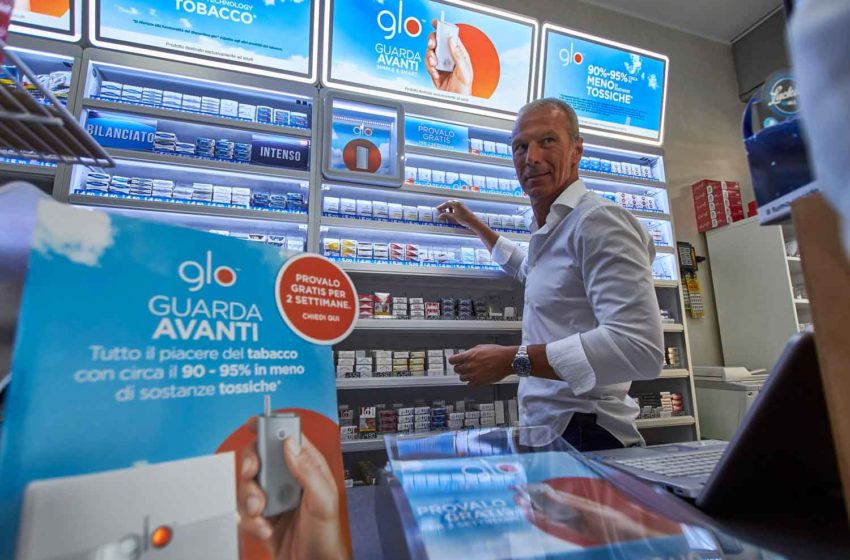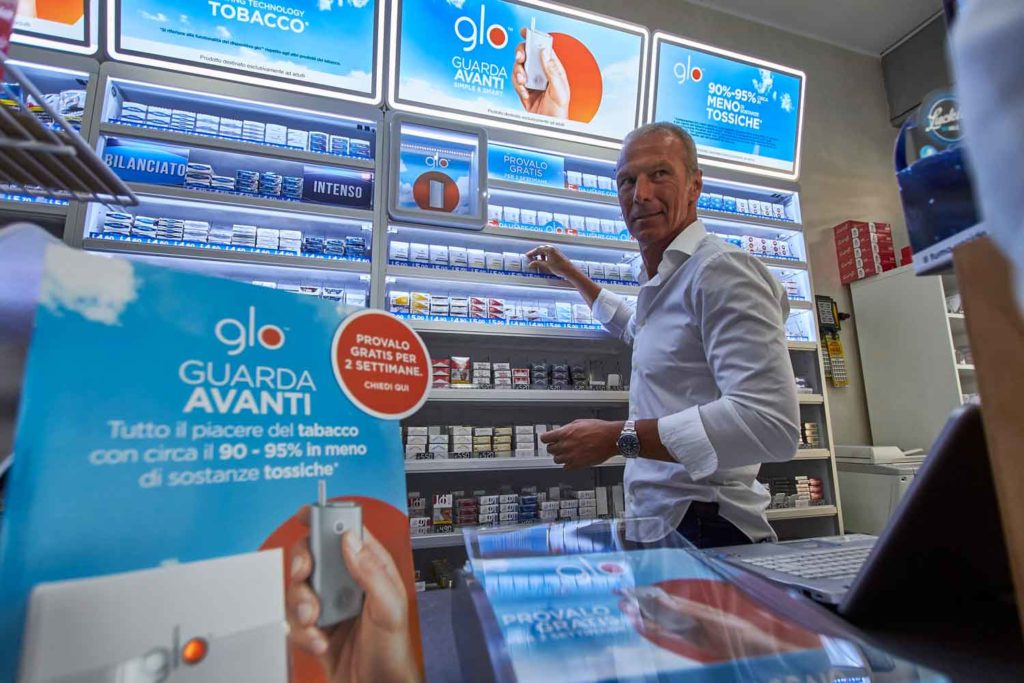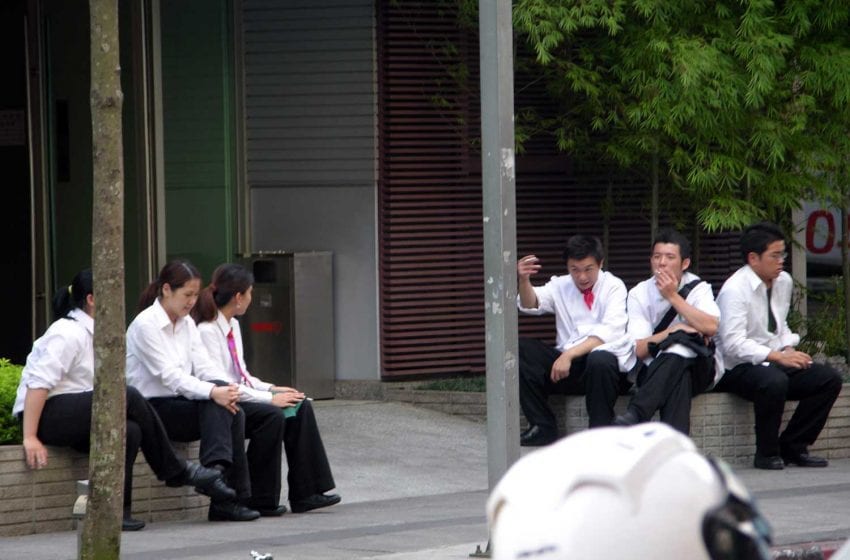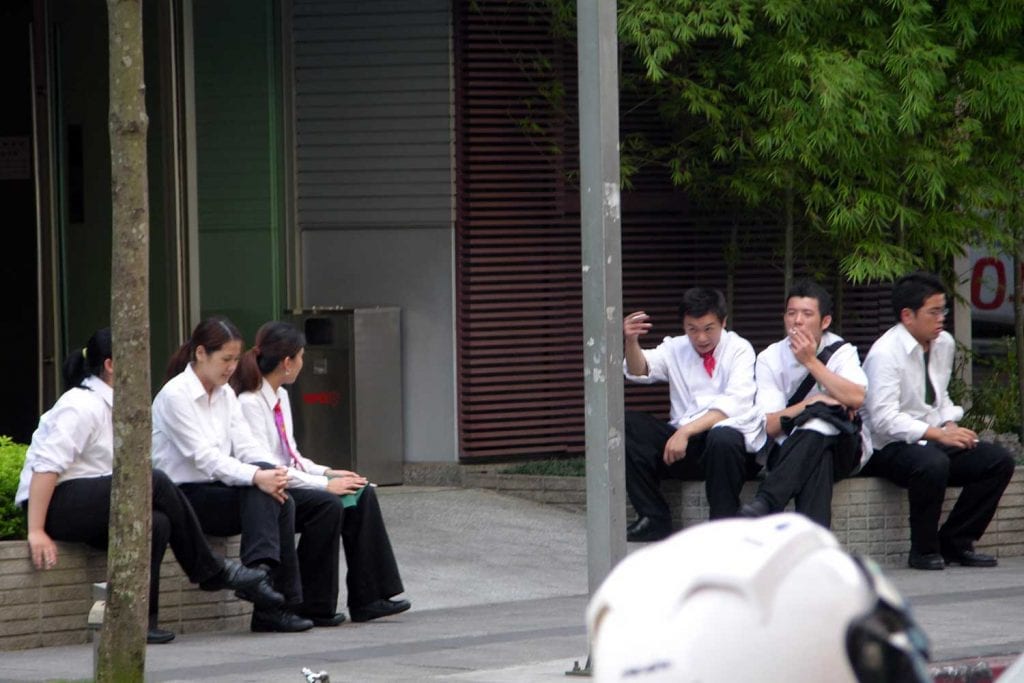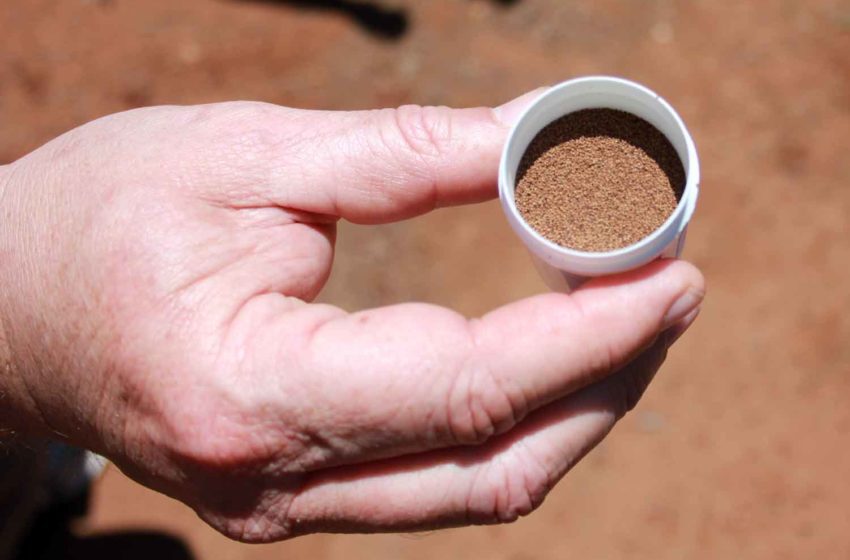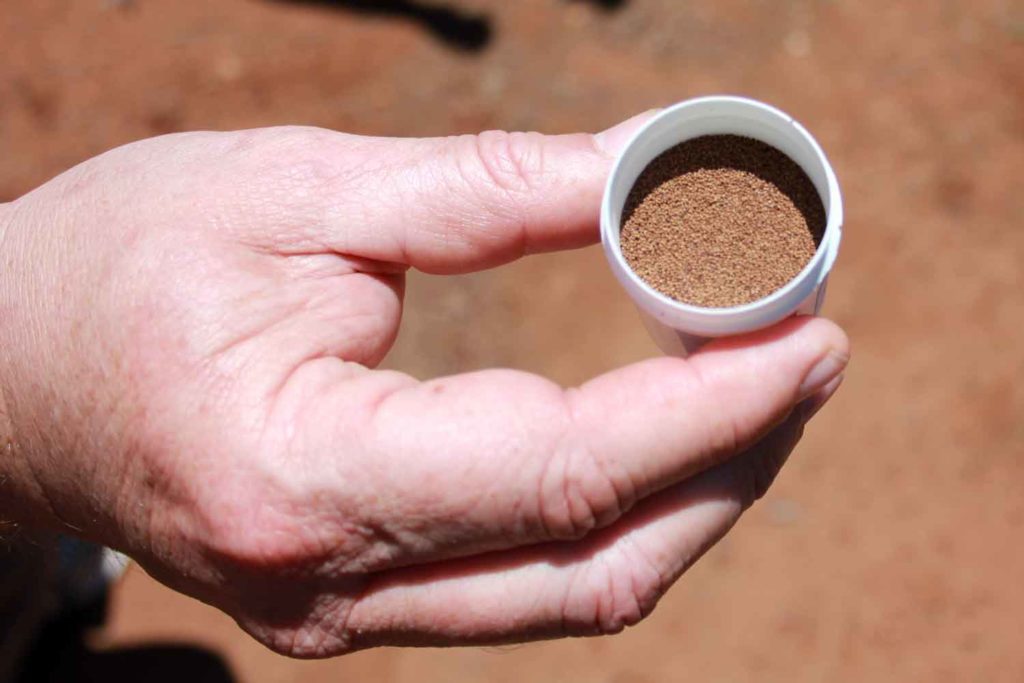
Philip Morris International’s foray into pharmaceuticals is proving more challenging than expected, according to The Wall Street Journal.
The tobacco multinational took a $680 million charge in the latest quarter on its wellness and healthcare business, two years after agreeing to buy inhaled-medicine maker Vectura Group for £1 billion ($1.31 billion).
After an unsuccessful clinical trial, Vectura won’t be submitting its inhalable aspiring product to the U.S. Food and Drug Administration this year.
PMI is postponing its 2025 goal to exceed $1 billion in net revenues from health and wellness products. The company still sees growth potential in products such as smoking-cessation treatments and medicinal cannabis.
The setbacks have been compounded by the recent departures of several top Vectura executives.
According to a report in The Times, Vectura CEO Michael Austwick is stepping down having been in the role only since he joined from Novartis in June last year.
Thomas Gibbs, Vectura’s chief executive in the United States, also left in 2023 after just over a year at the company to join Lundbeck, a drugs company based in Denmark, and there is uncertainty over the future of Lizzie Knowles as Vectura Group’s chief financial officer.
Austwick’s predecessor, Will Downie, and Chief Financial Officer Paul Fry stepped down shortly after PMI’s takeover of Vectura.
The tobacco group’s acquisition of Vectura caused a backlash among public health professionals, with pharmaceutical conferences banning Vectura representatives from their events.


